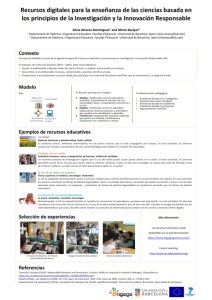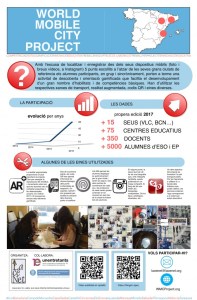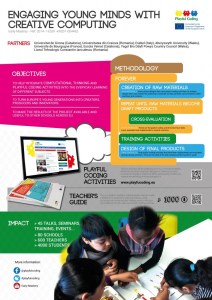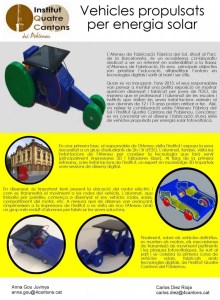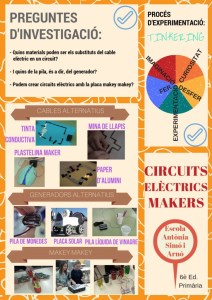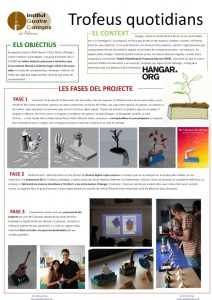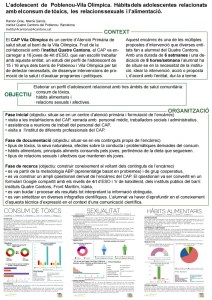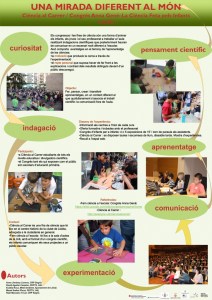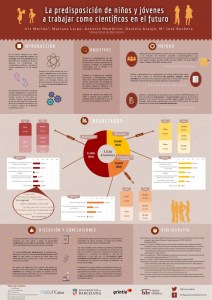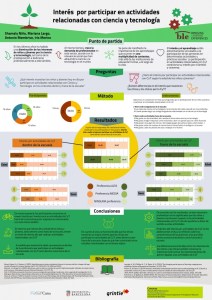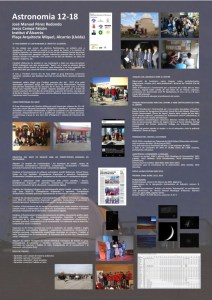The learning of science and technology in the digital era
The learning of science and technology can have an end in itself or it simply can be the transmission path to achieve another kind of knowledge or to obtain particular trainings. We can teach technology or teach with technology. In other words, using this tool as a key to make easier to acquire any kind of competence.
All these concerns explained above are translated and channeled into the organizations from various universities and entities, initiatives around the STEM disciplines. Conferences, seminars and events of all types to refocus and to optimize actions aimed at developing, especially among the young. Such as the organization of the App Awards powered by M-Schools, to mention just one illustrative example.
The purpose of this session, aimed at faculty of all educational stages and professionals from the public administrations, organizations and institutions related with the education world, it is to analyze, to share experiences, to raise awareness and to consider about the measures and attitudes we should adopt to improve the learning experience of and with science and technology that our youth accomplish.

Majó, F., Martínez, F., Mestre, M. i Roca, S. (2016). Dissenyar i construir un prototip de robot domèstic que faciliti la vida quotidiana als avis i àvies.

